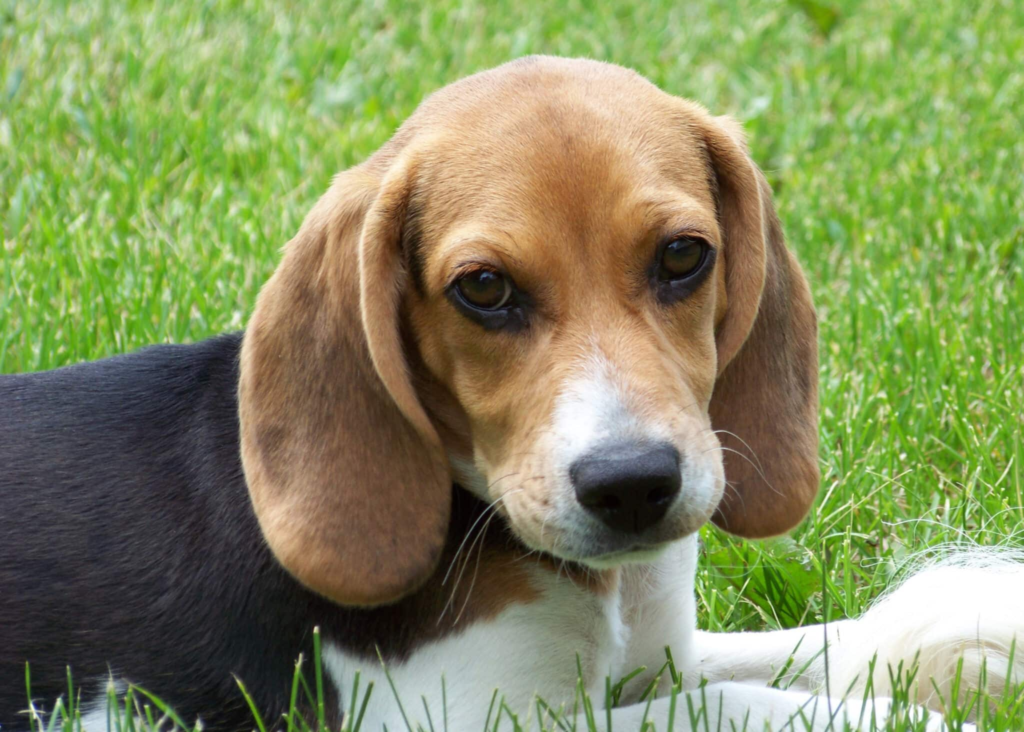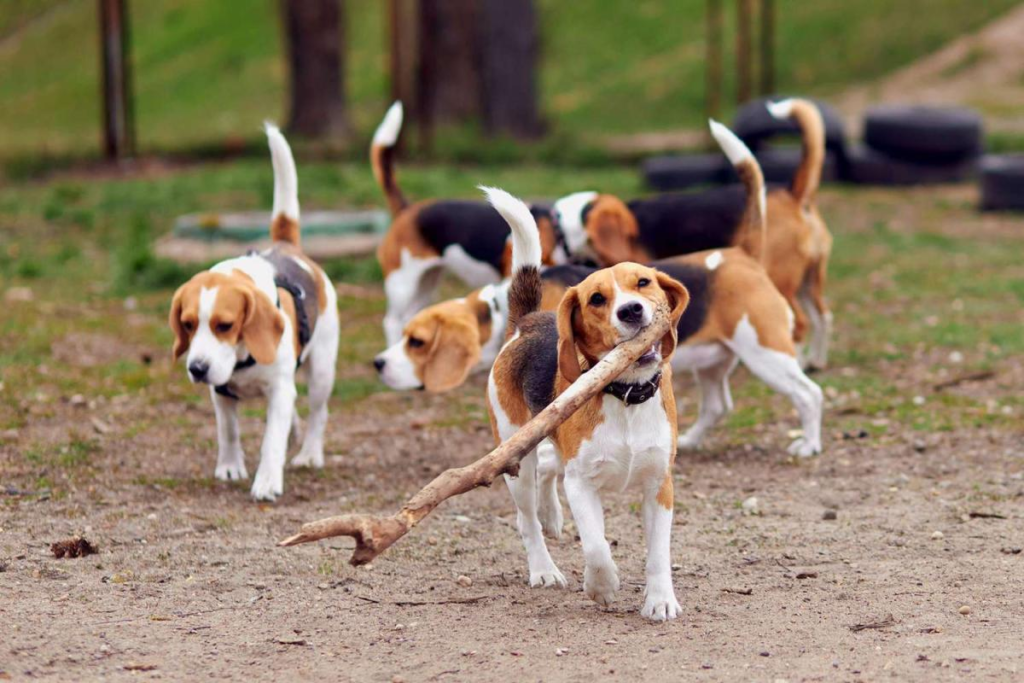Why Beagles Are the Worst Dogs?

Why Beagles Are the Worst Dogs?:- Don’t get me wrong—Beagles are my heart breed. I genuinely love them, quirks and all. It’s essential for me to emphasize that up front because, while I’m about to delve into everything from mildly annoying traits to some that drive me crazy, I want to be clear: the good far outweighs the bad. If every review ever written only highlighted the positives, we’d see a lot more Amazon returns!
So, let’s get into it—the bad, the worst, and the downright frustrating aspects of owning a Beagle. While every Beagle has its unique personality, and there are exceptions to every rule, this overview will give you a realistic expectation of what it’s like to share your life with one of these lovable hounds. If you had a Beagle who didn’t care for food or could be trusted off-leash, it’s likely that you experienced an atypical specimen of the breed.

Why Some Consider Beagles a Challenging Choice
Why Beagles Are the Worst Dogs?:- Let’s be clear: Beagles are not the worst dogs—far from it. At Green Matters, we believe all dogs bring joy and companionship. However, there are several factors that contribute to the perception that Beagles may not be the best choice for everyone:
Vocalization
First on the list is their vocal nature. As members of the hound family, Beagles are known for their distinctive howls and barks. Their vocalizations can echo throughout the neighborhood, making them quite a handful in close quarters, such as apartments or condos. If you live near neighbors who value peace and quiet, you might find yourself dealing with complaints about your Beagle’s spirited expressions.
Shedding and Allergies
Beagles are heavy shedders. Their double coats can make your home a veritable fur factory, especially during shedding seasons in spring and fall. You’ll likely find Beagle hair on your clothes, furniture, and even in your food. For those with allergies, this can be a significant concern, particularly for children and the elderly who may be sensitive to dog hair or dander.
Training Difficulties
Obedience training can be a challenge with Beagles. They are known for their independent and stubborn nature, driven by strong hunting instincts. This can lead to scenarios where they ignore commands in favor of chasing squirrels or digging up the garden. Their vocal tendencies can also make them disruptive; they bark and howl at anything that catches their attention, whether it’s other dogs, strangers, or passing cars. If you live in a densely populated area, this can be particularly frustrating.

High Energy Levels
Beagles are energetic dogs that need regular exercise and mental stimulation. Without adequate outlets for their energy, they can become bored and resort to destructive behaviors. On the flip side, their zest for life can be a perfect match for active individuals or families seeking an adventurous companion.
Grooming Needs
Though Beagles have short coats, they are moderate shedders that require regular brushing to manage loose fur and keep their coat healthy. Additionally, their floppy ears need routine cleaning to prevent infections, which can be an added responsibility for owners.
Separation Anxiety
Being social animals, Beagles thrive on companionship and can develop separation anxiety if left alone for extended periods. Potential owners must consider their lifestyle and ability to provide adequate companionship and care to avoid issues related to loneliness.
Independence
One of the hallmark traits of Beagles is their independence, which can sometimes border on stubbornness. While this independence is endearing to many, it can complicate obedience training and recall. Beagles often follow their instincts rather than responding to commands, which can lead to them escaping yards or slipping out of harnesses when they catch a tantalizing scent.

Common Struggles with Beagles
Many people find certain aspects of Beagle ownership challenging:
- Hound Instincts: Bred for scent tracking, Beagles can easily become distracted by smells and have a strong prey drive.
- Stubborn Streak: Though intelligent, they can be determinedly independent. They respond best to firm but positive training methods rather than harsh discipline.
- Energy Levels: If they are bored or under-exercised, Beagles can become destructive or vocalize excessively.
- Vocalization: Barking and baying are natural forms of communication for hounds, which can be bothersome to some owners.
- Separation Anxiety: Like many breeds, Beagles require companionship. Being left alone for long periods can lead to behavioral issues.
Are Beagles Right for You?
If you’re considering bringing a Beagle into your home, here are some points for honest self-assessment:
- Do You Have the Time and Patience?: Owning a Beagle requires dedication. They need regular exercise, mental stimulation, and social interaction.
- Early Training Is Essential: To ensure they grow up to be well-behaved dogs, early socialization and obedience training are crucial.
- Provide Outlets for Energy: Long walks, scent games, and mental challenges will help channel their energy constructively.
- Not Ideal for First-Time Owners: If you’re new to dog ownership, consider starting with a breed that is known for being easier to train and manage.
Conclusion
In summary, while Beagles come with their fair share of challenges, it’s essential to recognize that the joys of owning one far outweigh the drawbacks. Their playful spirit, affectionate nature, and loyalty make them incredibly rewarding companions. So, if you’re prepared for the adventure, a Beagle might just be the perfect addition to your family!
Also Read:-




